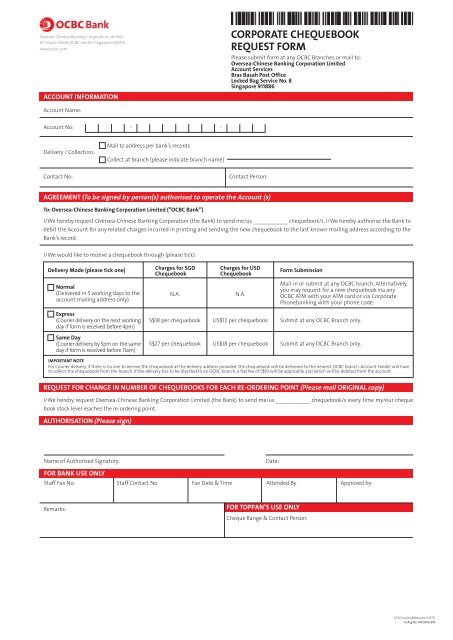


Pakistan and Egypt, another ally which has received billions in aid, rebuffed calls for ground troops to support the Saudi-led military campaign in Yemen against Iran-linked Houthi rebels.įurther stirring consternation in Riyadh, a leaked 2015 audio recording showed Egypt's President Abdel Fattah al-Sisi allegedly mocking Gulf powers including Saudi Arabia, saying they were rolling in money "like rice". "It (has) only benefited one side in 'real world' terms," he tweeted. Riyadh's ties with Pakistan have historically been "very warm" but the relationship has been lopsided, said Saudi prince Talal bin Mohammad al-Faisal.
Chequebook diplomacy free#
It's no longer a free lunch or a one-way street." "Well the party is over, and Pakistan needs to deliver value to this relationship.

"Pakistani elites have a bad habit of taking Saudi support for granted, given what Saudi has done for Pakistan over the decades," tweeted Ali Shihabi, a Saudi author and analyst. The kingdom recently recalled $1 billion of a $3 billion loan from cash-strapped Pakistan, and an expired multi-billion dollar oil credit facility to Islamabad has not been renewed, a diplomatic source told AFP. Such a threat is particularly disconcerting for Saudi Arabia, which is home to Islam's holiest sites and views itself as the leader of the Muslim world. Saudi Arabia also appears frustrated with Pakistan after the longstanding ally pushed Riyadh to take a firm stand on the disputed region of Kashmir and threatened to take the issue to other Muslim forums. "This situation is no longer compatible with the new Saudi foreign policy, as Saudi money does not fall from the sky or grow in the desert." "It is no longer possible for Saudi Arabia to continue paying billions to Lebanon in the morning and receive insults at night. "Saudi Arabia will not continue to pay Hezbollah's bills, and the Lebanese have to shoulder their responsibilities towards their country," Saudi columnist Khalid al-Sulaiman wrote recently for the pro-government Okaz newspaper. The kingdom has contributed billions to Lebanon's post-civil war reconstruction, but it has voiced frustration over its failure to rein in Hezbollah, a powerful group backed by its arch-enemy Iran. "The country is already seeking to end the perception of being 'an ATM'." "The dual economic impact of the coronavirus and low oil prices, however, may lead Saudi Arabia to restructure and rationalise its aid," said Farouk, from the Carnegie Endowment for International Peace. For decades, the wealthy kingdom funnelled billions in aid to its allies - and to its enemies' enemies - in a bid to bolster its position as an Arab powerhouse and leader of the Muslim world.īut as plummeting demand has sapped its oil revenues, the kingdom is rethinking old alliances that Saudi observers say have swallowed their cash while offering little in return, at a time when its quest for regional supremacy is increasingly challenged by rivals Iran, Turkey and Qatar.Ī swathe of regional countries, from Jordan and Lebanon to Egypt, Palestine and Pakistan, have been the top recipients of Saudi aid over the past decade, said Middle East expert Yasmine Farouk.


 0 kommentar(er)
0 kommentar(er)
